Rachel D. Valletta, Ph.D.
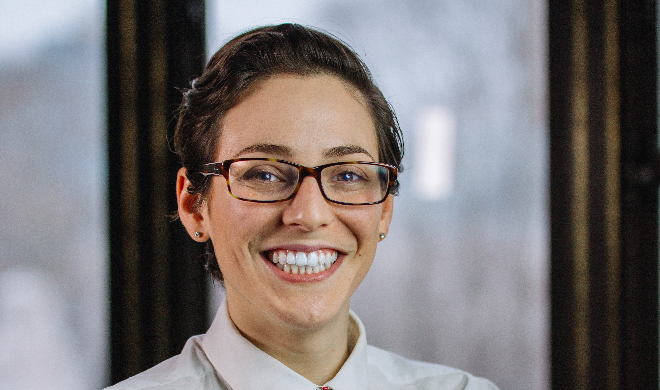
Rachel D. Valletta, Ph.D.
As Environmental Scientist, Rachel is dedicated to expanding the breadth and depth of earth and environmental science education within The Franklin Institute and bringing it into the Philadelphia community.
Rachel serves as the Director of the Climate and Urban Systems Partnership (CUSP), a four-city educational initiative seeking to engage urban residents more efficiently and effectively in climate change and resiliency education.
A lifelong earth science geek, Rachel began her education at Syracuse University, where she earned a B.S. in Geology and B.A. in Geography. An interest in geomorphology and geochemistry brought her to the University of Pennsylvania, where she served as a Benjamin Franklin Fellow and gained a Ph.D. in Earth and Environmental Science. Through her research, Rachel has traveled to the Arctic and Antarctic regions to document changing glacial systems and long-term climate trends reaching as far back as 17 million years ago!
Before landing at TFI, Rachel studied energy policy and deep decarbonization pathways at the Pennsylvania Environmental Council through a fellowship with the Kleinman Center for Energy Research. She has remained committed to outreach and inclusion efforts within academic, professional, and social communities, and has served on advisory boards within the Geological Society of America and in LGBTQ student organizations at the University of Pennsylvania.
Recent Blogs by Author
To see the world in a grain of sand
Step into the Franklin Institute’s Now/Next exhibit and you’ll be immersed in the world of artificial intelligence (AI). Explore facial recognition, machine learning, robotics, and… a sand table?
At first glance, the humble sand table seems out of place in such a futuristic, tech-heavy space. But upon further inspection its accompanying story is revealed, one which underscores the power AI can have in helping humanity solve some of its most pressing problems.
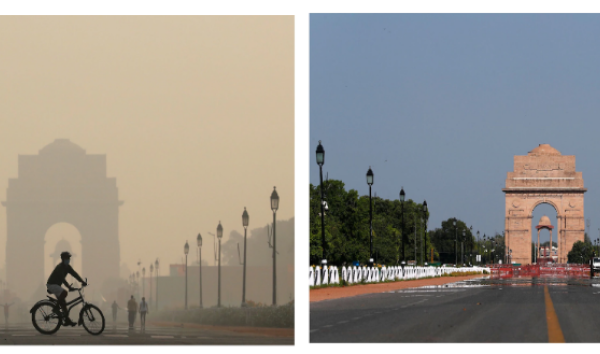
COVID, Climate, and Resilience
A now famous before/after image of the New Delhi War Memorial showing air quality improvements. Left: October 17, 2019. Right: April 18, 2020. (Anushree Fadnavis and Adnan Abidi/Reuters)
“The air is clear, the skies are blue. I see the evening stars with clarity....” Smita Tharoor told The Guardian newspaper last week as she marvelled at New Delhi’s new skyviews. Like millions of others, Smita is revelling in the rapid improvements of air quality seen the world over.
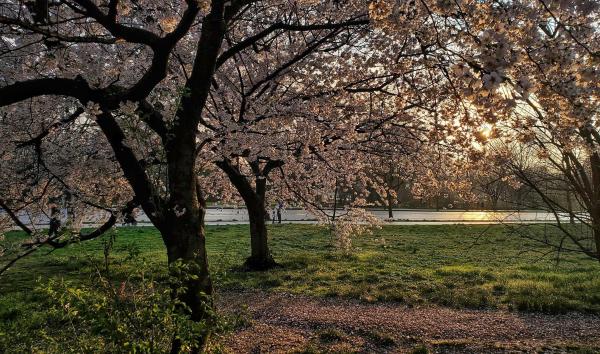
#FranklinOutside Scavenger Hunt
You’re not alone—alongside the uncertainty and worry of the past few weeks, the stress of confinement can feel overwhelming. Spending our days inside distanced from friends and loved ones can take a heavy toll on our personal well-being.
It’s during uncertain times like these that I look to nature for a relaxing escape. While the natural environment certainly can’t solve all of our ailments, plenty of scientific evidence documents the positive effect spending time in nature has on both our mental and physical health.
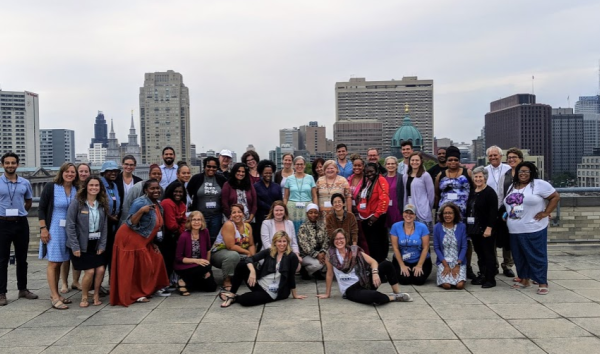
What Does Sustainability Mean to You?
Last week forty Philadelphia-area teachers gathered to explore this question in depth at The Franklin Institute’s second annual sustainability and climate change teacher training. Led by TFI’s Curriculum Developer Rachel Castro-Diephouse and Environmental Scientist Dr. Rachel Valletta, this three-day event examined how teaching for sustainability can be a solution to one of the world’s most pressing problems: climate change.
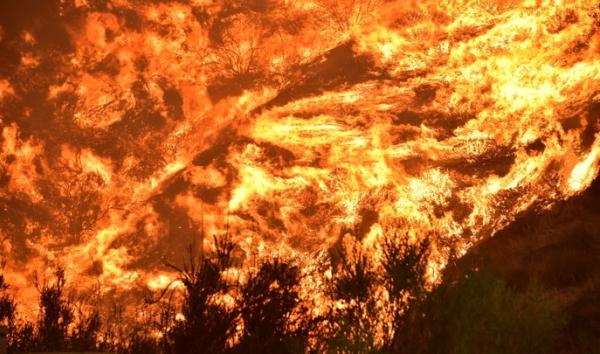
Did We Start The Fire?
At latest count, over 100 wildfires are raging throughout the American west. In California, 2018 will go down as a record setting summer, with three of its largest fires everhaving burned simultaneously.
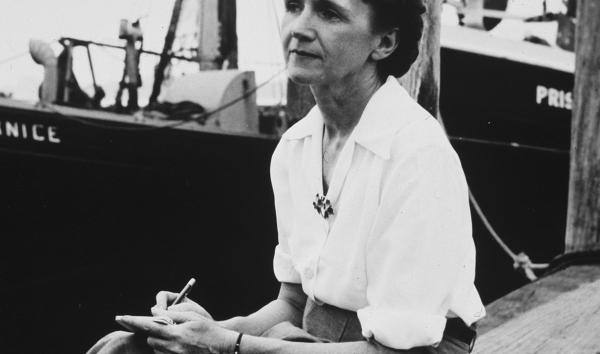
Remembering Rachel Carson, Environmental Pioneer
Editor's Note: Rachel Carson, marine biologist, author and environmentalist, was born on May 27, 1907 in Springdale, Pennsylvania. We asked The Franklin Institute's Environmental Scientist, Rachel Valletta, to blog about Carson's legacy and the ongoing importance of her work.
“She was not just a pioneer in the environmental movement… she pioneered it.”

